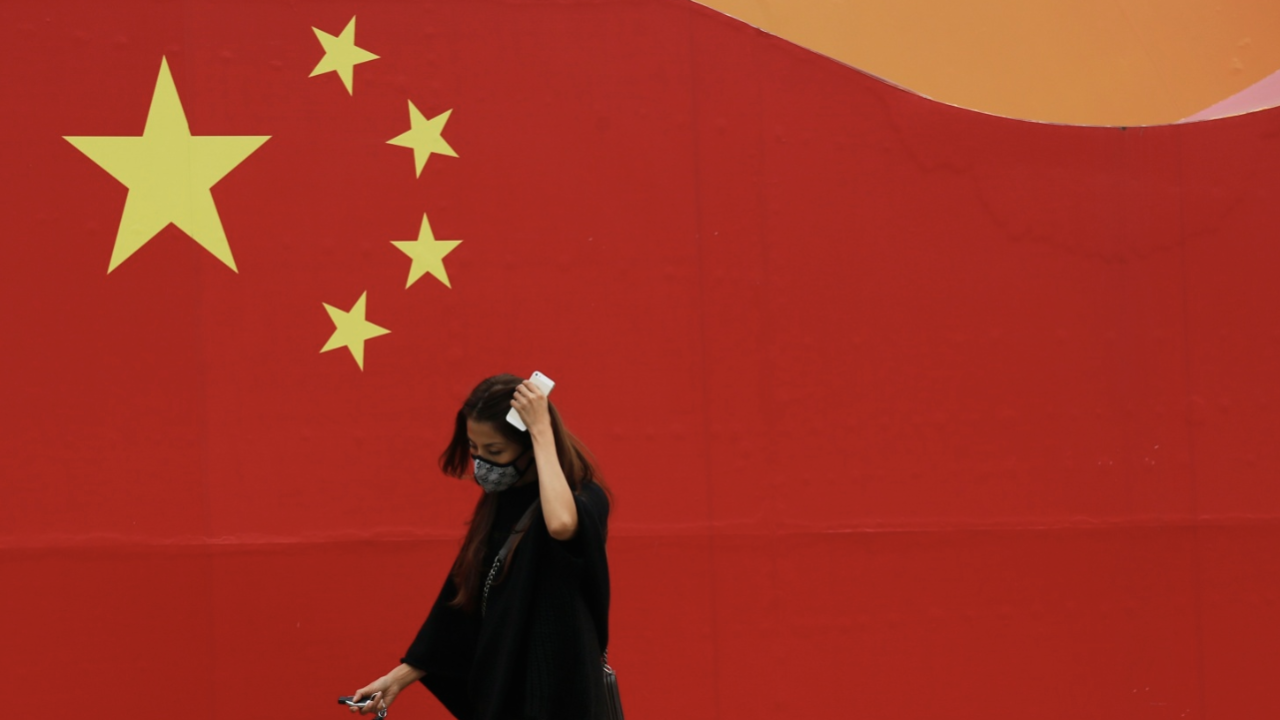
China’s 100 biggest listed companies have just 14% female directors on their boards, says report that urges addressing ‘diversity deficit’
- State-owned enterprises (SOEs) had a lower rate of female directors than their private sector counterparts, the Asian Corporate Governance Association said in a report
- The top performers in diversity terms were privately-owned enterprises, many of which operated in high-growth industries
Just 14 per cent of the directors serving on the boards of the 100 most valuable Chinese companies listed on the Shanghai and Shenzhen stock exchanges are female, a report from a regional corporate governance body said.
“We call on regulators and investors to actively encourage the appointment of women to issuers’ nomination committees as a means of addressing the diversity deficit at listed companies in the region,” ACGA said in a statement on Monday.
“Behind the headline figure of 14 per cent female representation on boards among China’s largest issuers there is some cause to be cautiously optimistic,” the report said.
“While state firms appear true to form in lacking a progressive streak, the same cannot be said for their private counterparts. The top performers in diversity terms are privately owned enterprises, and many operate in high-growth industries.”
It added that such companies were involved in the manufacture of silicon wafers, electronics components and lithium batteries and that they were nearly twice as likely to appoint women to their boards.
It also found that SOEs significantly dragged down the overall average among China’s leading companies. Female representation across China SOE boards was 11 per cent, while the corresponding proportion in privately-owned enterprises was nearly two times.
Among the SOEs, the highest rate of female board participation was 28 per cent at China Securities, while Inner Mongolia-based Yili, one of the world’s largest dairy producers, had the highest rate of female directors on board at 45 per cent, with five women among its 11 directors.
Twenty of the 100 companies studied had no female directors, and eight of these firms have never had one, the report found. There were only three female board chairs and just five female CEOs at the top 100 listed firms, according to the report.
Hong Kong, mainland firms’ boards show more gender diversity: MSCI
“China’s regulatory landscape contrasts to that of Hong Kong, which will by 2025 mandate no single gender boards,” the report noted.
“Despite broader efforts to eliminate discrimination in China, declining birth rates are shifting focus toward women’s roles in family life.”
Female participation in the workforce has continued to drop in recent years, falling to 60 per cent in 2019 from 73 per cent in 1990, according to data from the World Bank.
In 2019, women in China earned 84 per cent of what men earned for similar work, according to a report by non-profit Catalyst. China ranked 102nd among 146 countries in the World Economic Forum’s Global Gender Gap Index last year.
Following a new Hong Kong listing rule that went into effect on January 1 last year mandating that companies with single-gender boards introduce at least one woman board member within three years, the city has already seen improvements in female representation in its listed companies.
Putting board nominations in female hands can help increase the number of women serving as directors, according to ACGA.
It found that in 12 Chinese companies it studied which have a female nomination committee chair, the number of women on their boards is double the average.


